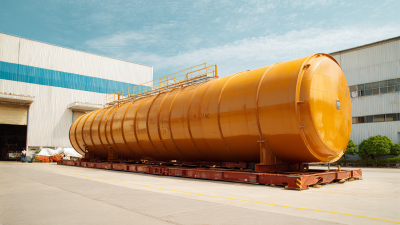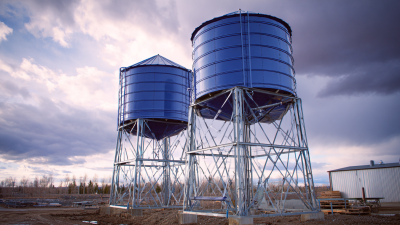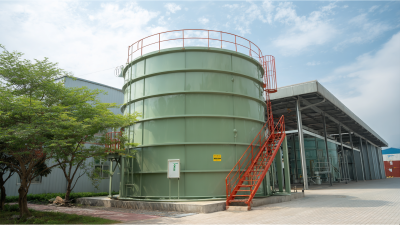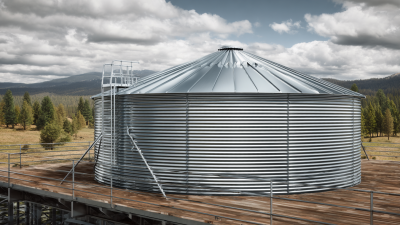In recent years, the demand for efficient and sustainable water storage solutions has grown significantly, prompting innovative approaches to tackle this pressing issue. One such advancement is the emergence of Modular Water Tanks, which offer a versatile and scalable alternative to traditional water storage methods. These tanks are designed to be easily assembled and disassembled, providing users with the flexibility to adapt to changing needs and environments. The benefits of Modular Water Tanks extend beyond mere convenience; they promote better water management practices, reduce costs associated with transport and installation, and minimize the ecological footprint.
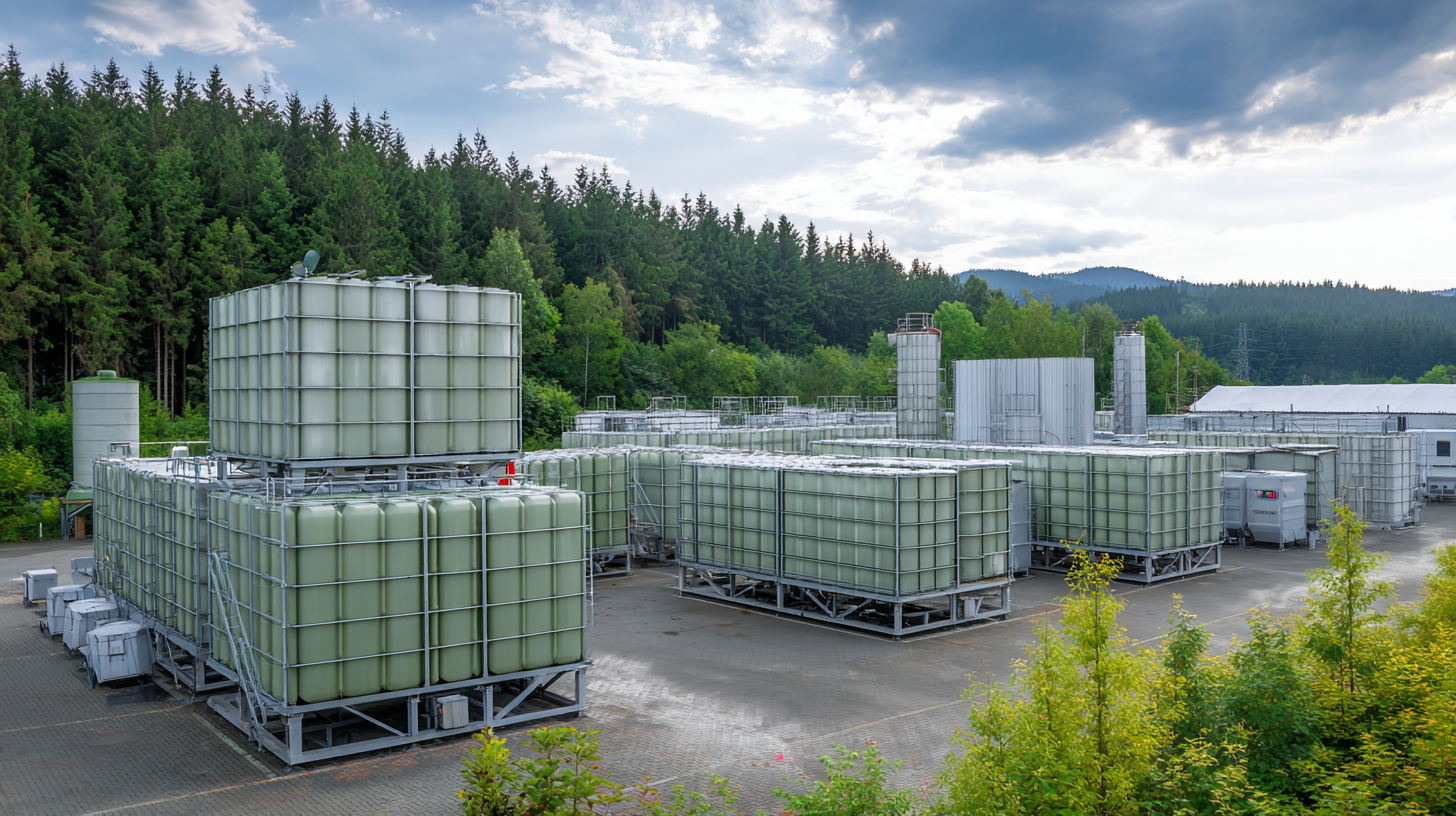
As communities and industries face increasing challenges related to water scarcity and quality, understanding the advantages that Modular Water Tanks provide is crucial for developing effective strategies for sustainable water storage and utilization. This article will delve into the various benefits of these innovative tanks, highlighting their role in revolutionizing the way we manage one of our most vital resources.
Modular water tanks represent a significant advancement in modern water storage solutions, offering flexible and efficient designs that cater to diverse needs. Unlike traditional single-unit tanks, modular systems consist of interconnected components that can be scaled according to storage requirements. This adaptation makes them particularly valuable for urban environments, where space is often limited. A report by the Water Research Foundation highlights that modular tanks can reduce installation times by up to 30%, minimizing labor costs and operational downtime.
In addition to their logistical benefits, modular water tanks also enhance water quality management. According to a study published in the Journal of Water Resources Planning and Management, these tanks are less prone to contamination due to their design, which allows for easier cleaning and maintenance compared to conventional storage systems. With advancements in materials and technology, such as the use of UV-resistant and corrosion-proof materials, these tanks can maintain higher water quality for extended periods. As municipalities and industries increasingly seek sustainable and efficient solutions to their water management challenges, modular water tanks stand out as a practical option that addresses both capacity and quality concerns.
Modular water tanks are increasingly recognized for their advantages over traditional water storage systems, primarily due to their flexibility and efficiency. The global water storage system market was valued at approximately $18.11 billion in 2023 and is expected to expand to $36.32 billion by 2030. This growth is driven by the need for more efficient and resilient water management solutions in urban areas. Unlike conventional tanks, modular systems can be easily scaled and customized to meet specific needs, which is essential as cities grapple with both population growth and climate variability.
Decentralized water systems, which include modular water tanks, enhance resource efficiency and resilience by allowing localized control of water resources. This characteristic becomes increasingly vital in urban environments facing the challenges of climate change and resource scarcity. Research indicates that integrating modular tanks within a comprehensive approach to water management can significantly reduce the burden on conventional infrastructure, enabling cities to achieve greater sustainability and resource efficiency. The adoption of these innovative systems is not merely beneficial; it represents a fundamental shift towards more adaptive and sustainable water solutions.
| Feature | Modular Water Tanks | Traditional Water Tanks |
|---|---|---|
| Design Flexibility | Highly customizable for size and layout | Limited to fixed sizes |
| Installation Time | Quick assembly; can be done in a few hours | Time-consuming installation; often requires heavy equipment |
| Scalability | Can easily expand the capacity as needed | Difficult to scale without replacing whole unit |
| Maintenance | Easy access for cleaning and repairs | Harder access; often requires draining |
| Cost Efficiency | Lower initial costs; reduced operational costs | Higher initial investment; more maintenance costs |
When considering the installation process for modular water tanks, it's crucial to understand their flexibility and efficiency in various applications. Modular water tanks are designed to be scalable, allowing users to adapt storage capacity according to specific needs. This adaptability is especially beneficial in regions prone to water scarcity, where effective management of water resources is paramount. Technical advances in water-based energy storage systems, as reported in recent surveys, highlight the potential for integrating these tanks with renewable energy sources, improving sustainability and reducing environmental impact.
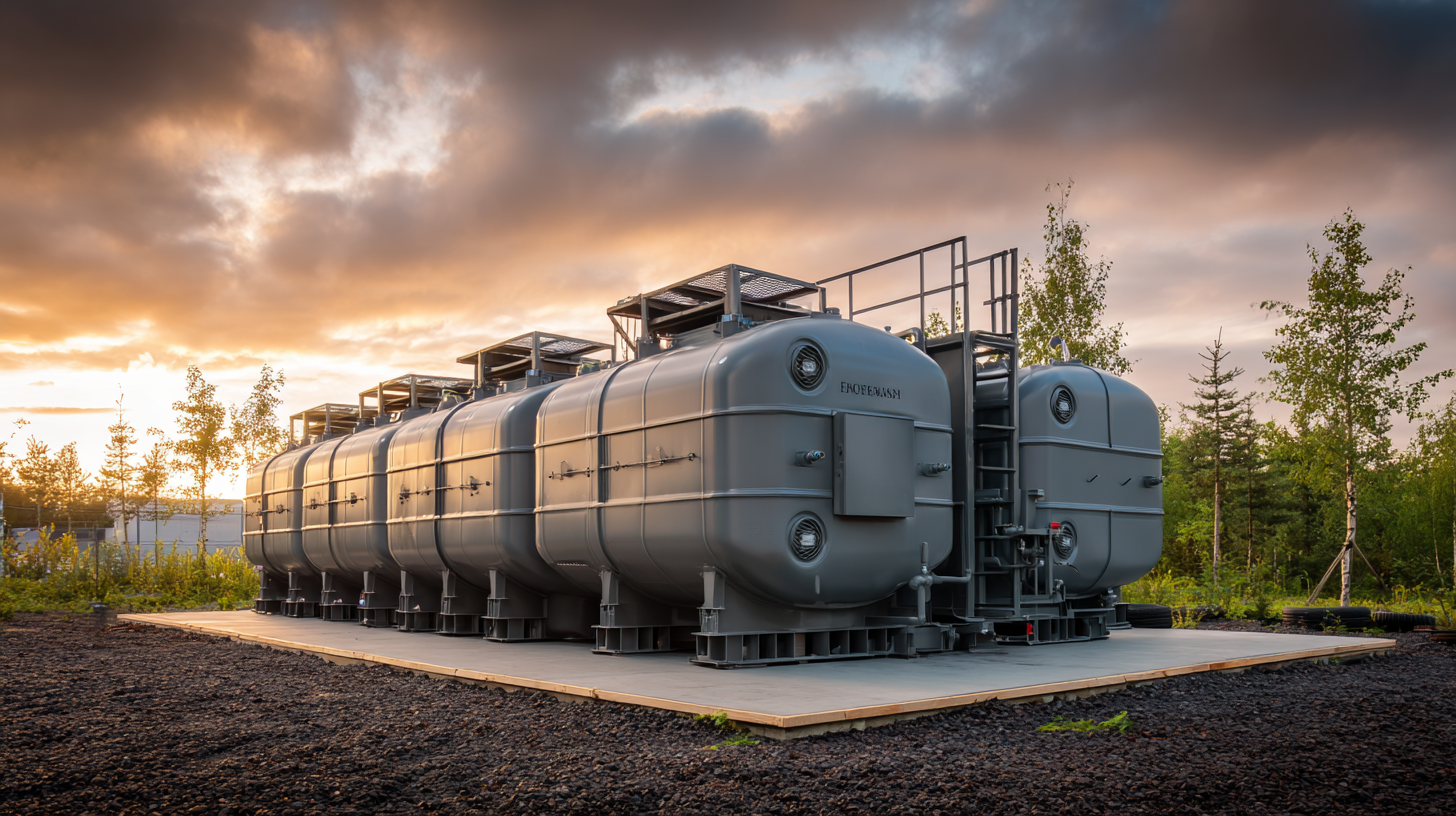
Tips for Effective Installation:
By focusing on these installation strategies, users can maximize the benefits of modular water tanks, contributing to effective water management and operational efficiency.
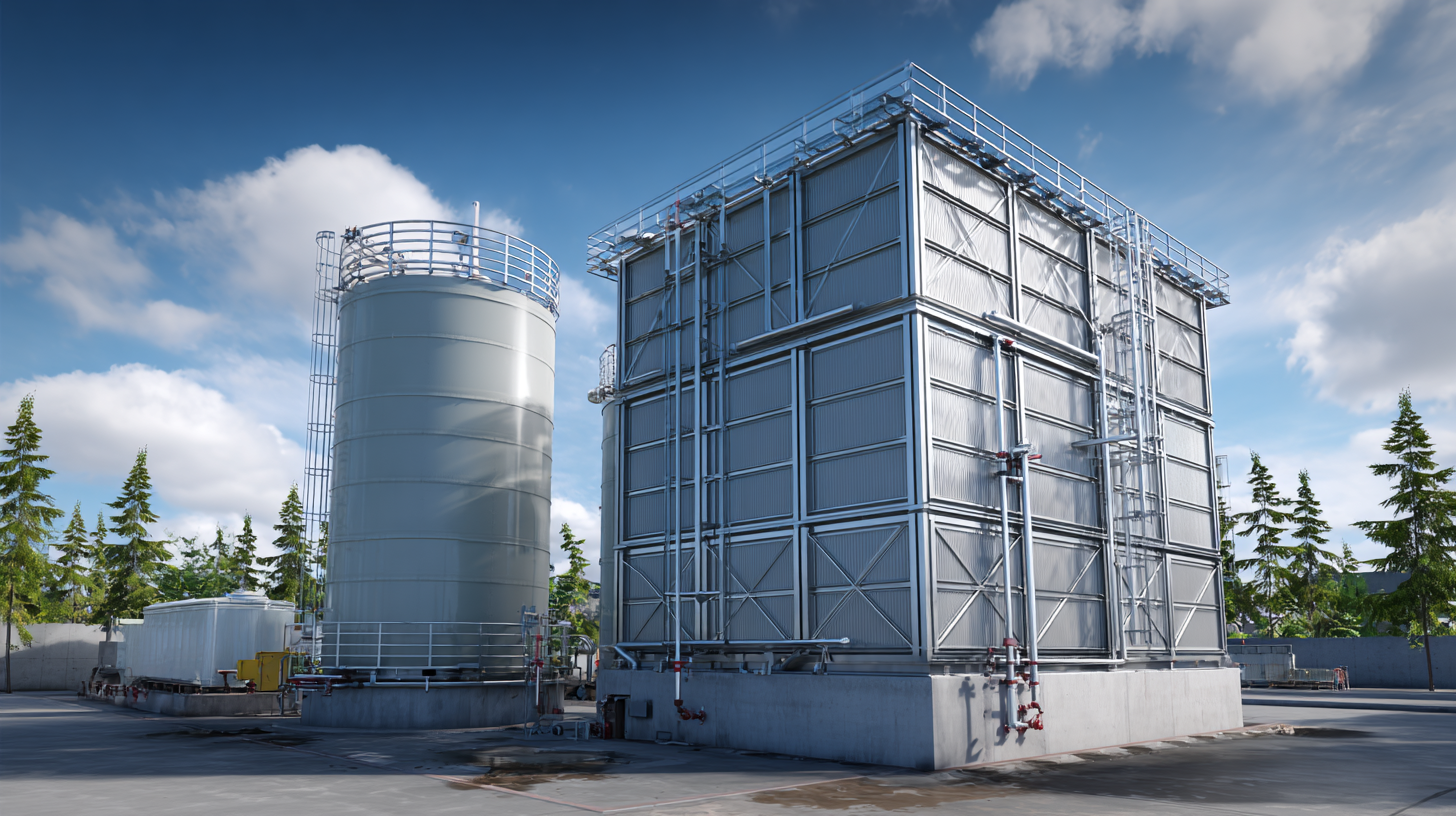 Modular water tanks have emerged as a revolutionary solution for efficient water storage, offering flexibility and adaptability to various needs. Their unique design allows for easy transportation and installation, making them suitable for both residential and commercial applications. However, to ensure the longevity and optimal performance of these tanks, proper maintenance is essential.
Modular water tanks have emerged as a revolutionary solution for efficient water storage, offering flexibility and adaptability to various needs. Their unique design allows for easy transportation and installation, making them suitable for both residential and commercial applications. However, to ensure the longevity and optimal performance of these tanks, proper maintenance is essential.
One vital tip for maintaining modular water tanks is to regularly inspect the seals and connections, as these areas are prone to wear and tear. Any signs of leaks or damage should be addressed immediately to prevent water loss and contamination. Additionally, the interior of the tanks should be cleaned periodically to prevent algae growth and sediment buildup, which can affect water quality.
Another important aspect of maintenance is to ensure the tanks are placed in a location with adequate drainage. Flooding or standing water around the tank can compromise its structure and lead to costly repairs. By keeping the surrounding area well-maintained and assessing the tank's condition, owners can significantly extend the life of their modular water tanks, making the most of this innovative storage solution.
Modular water tanks present a compelling solution for cost-effective water management, particularly in the context of rising challenges in water scarcity and infrastructure stress. By enabling decentralized water systems, these tanks not only reduce the financial burden associated with traditional large-scale installations but also increase resource efficiency. Government incentives can play a crucial role in promoting the adoption of modular solutions, especially among lower-income communities struggling with water access. This financial support could facilitate the installation of rainwater harvesting systems, allowing users to minimize their dependency on municipal supplies.
Moreover, the modular design of these water tanks allows for scalability and flexibility, catering to varying community needs without substantial upfront investments. As cities aim to enhance their resilience to climate change and other environmental factors, embracing decentralized options becomes critical. The ongoing advancements in wastewater treatment and material innovations further complement the modular approach, increasing the overall sustainability and affordability of essential water storage solutions. Such strategic investments could drive long-term savings, making modular water tanks an appealing choice for both urban planners and individual consumers.
This bar chart illustrates the financial benefits of modular water tanks by comparing various cost factors. Initial investment represents the upfront cost, while maintenance costs indicate ongoing expenses. Lifespan shows the number of years the tank effectively serves, whereas water conservation savings estimate annual savings from efficient water management. Installation costs reflect the setup expenses associated with modular tanks.


